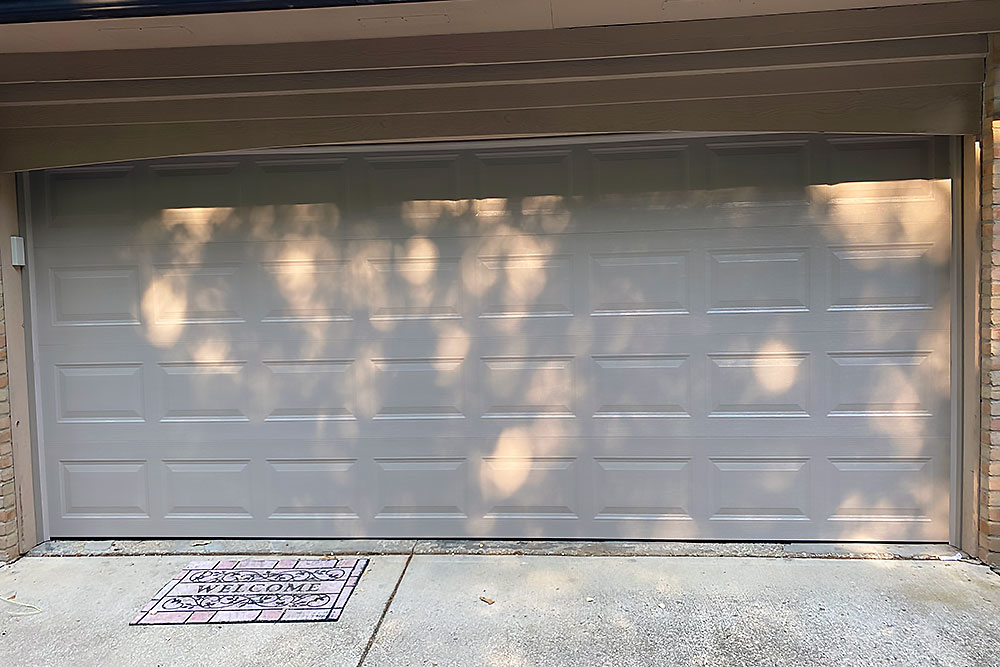Primary Causes of Damaged Garage Door Springs
The components that are most likely to become damaged in garage doors are the tension springs or torsion springs that are used to open and close the garage door. Since these springs are used each time the door is opened and closed, it’s possible that they will break or become damaged sooner than you might have expected. By understanding the more common causes of damaged springs, you may able to prevent this problem from developing.
Standard Wear and Tear
The most common reason that garage door springs break is because of unavoidable wear and tear. Because of the heavy use of these springs, they will invariably wear down over time. For instance, many torsion springs are designed to last for upwards of 10,000 cycles before they need to be replaced. If you open and close your garage door numerous times each day, the number of cycles in a given year can quickly add up, which is why it’s important that you keep a general estimate of how many cycles the springs have been through.
Buildup of Rust on Garage Door Springs
Rust is a standard problem that can cause problems with many different types of garage door components. When rust develops on a spring, the coil can become weakened. While rust can significantly reduce the lifespan of door springs, it’s easy to get rid of by spraying the springs with lubricant every few months.
Irregular Maintenance
If your springs happen to break or become heavily damaged, there’s a good chance that these issues were caused by poor maintenance. While all springs will break down eventually, proper maintenance will allow you to extend the lifespan of your garage door springs. This maintenance will also be able to catch issues like wear and tear before they have caused your springs to break entirely. In the event that one of your springs becomes damaged, it’s essential that you don’t attempt to fix it on your own. To avoid being injured, you should allow a professional repair company to handle all of your Los Angeles garage door repair needs.











